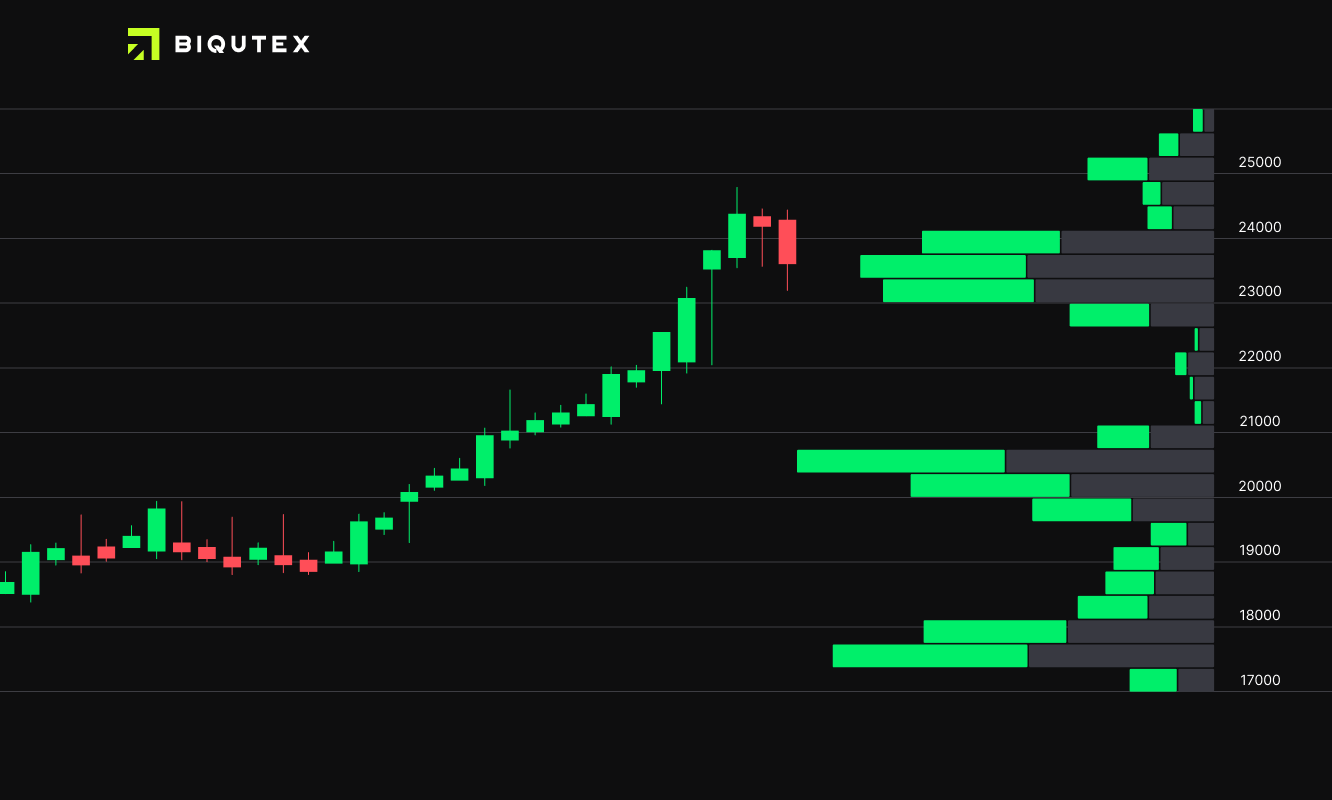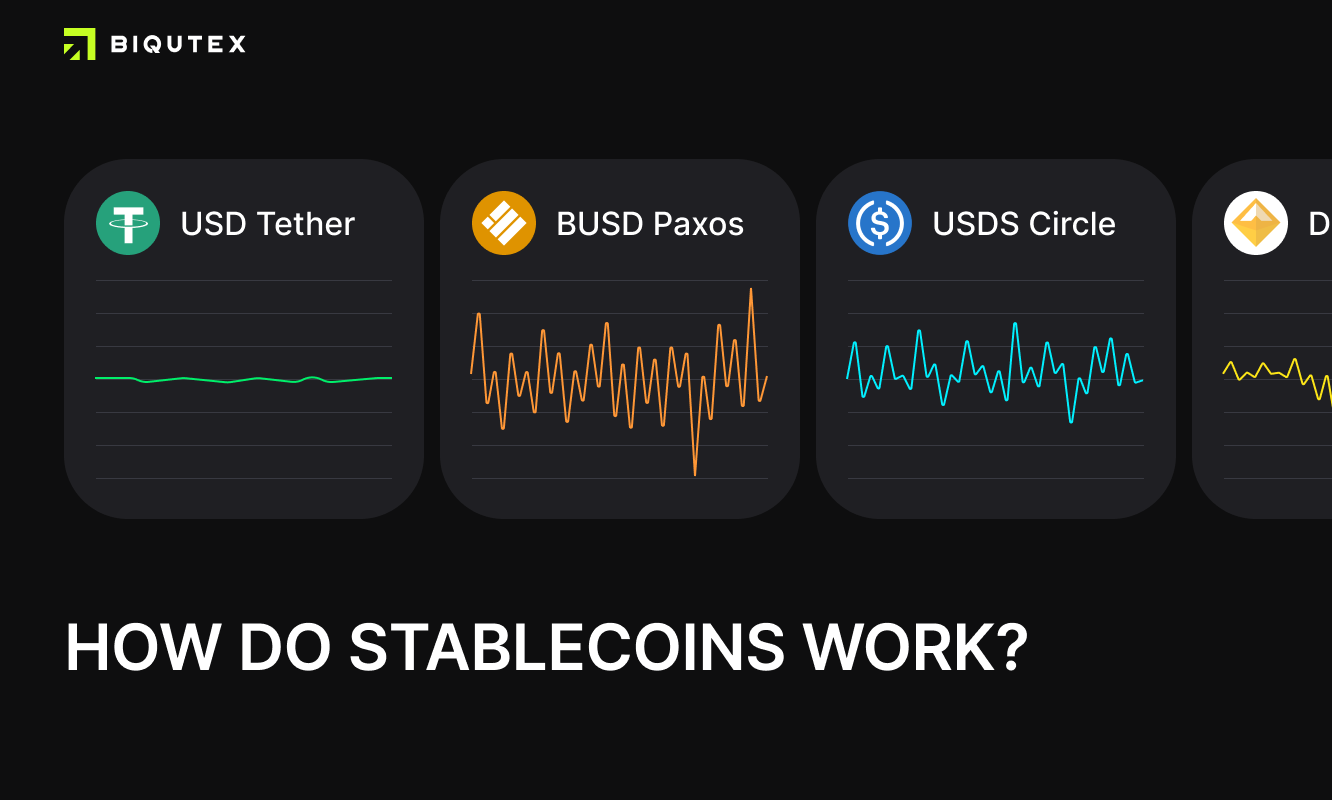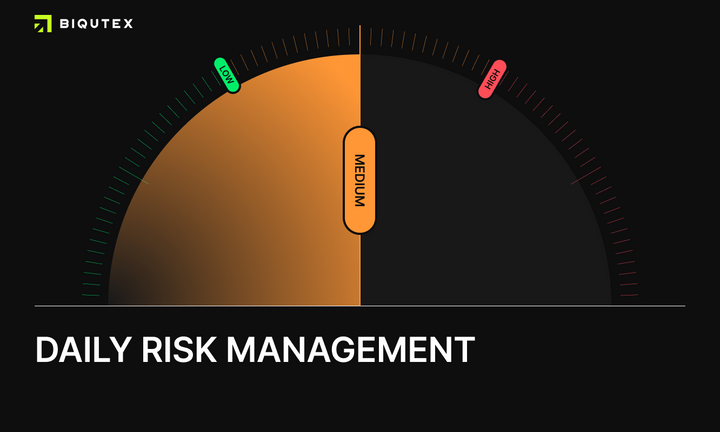Market Makers vs Takers: What is the difference?
Exchanges are platforms where sellers meet buyers without having to advertise their offers, making deals directly. The trader who puts up a new bid for the price in the market is called a "Maker", and the trader who accepts the existing conditions is a "Taker".
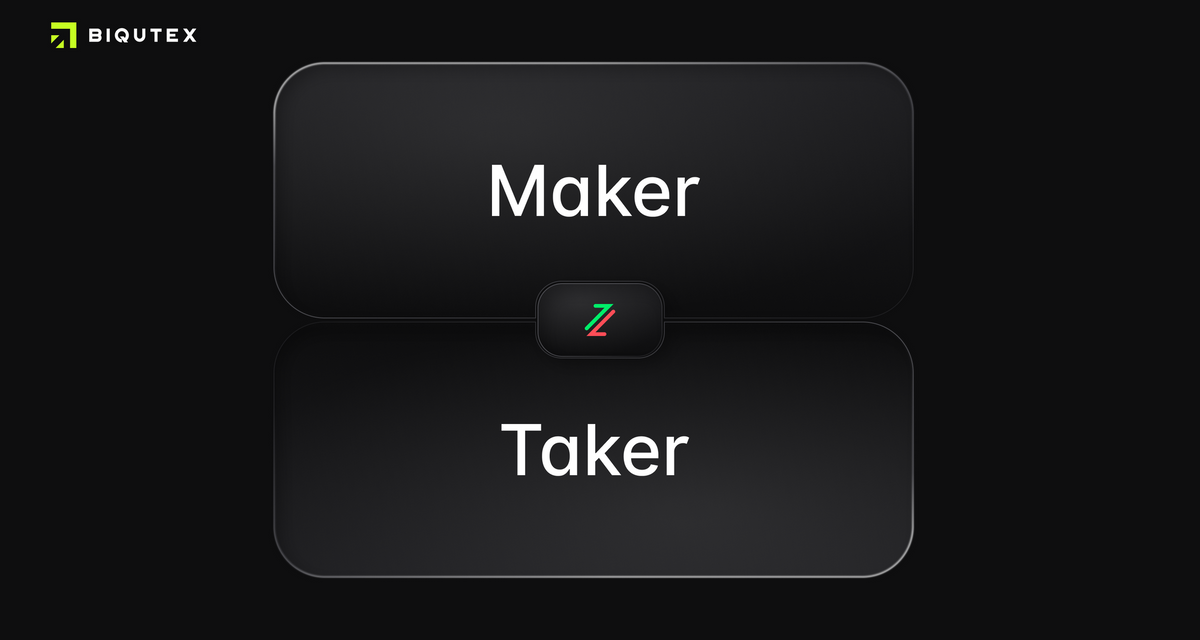
Any crypto exchange matches orders of buyers and sellers. Exchanges are platforms where sellers meet buyers without having to advertise their offers, making deals directly.
The trader who puts up a new bid for the price in the market is called a "Maker", and the trader who accepts the existing conditions is a "Taker".
If you are a trader, you are either a maker or a taker, and you can be one or the other at different moments, trading different instruments. Makers and takers make possible the existence of the exchange in principle. Their presence and quantity determines its viability. The price of any asset is the result of an agreement between the buyer and the seller. Without the participation of the two parties, the trade will not occur.
Order book is a place where exchanges calculate and reflect the market price of assets. This is where bids for buying and selling exchange clients' assets are collected. The order looks like this: Buy 1 BTC at $10,000. This order will be added to order book and executed when the price reaches $10,000.
What is Liquidity?
The term liquidity is usually used to define the ability of some asset to be sold quickly and easily.
For example, gold is a liquid asset, meaning it can be sold quickly and easily for cash. But a gold toilet would be an illiquid asset, unless you sell it by the ounce by weight. There are few people who would agree to buy such a toilet bowl, even though it serves its purpose perfectly.
The liquidity of the market is somewhat different from the toilet bowl example. A market is liquid if you can simply and quickly buy and sell assets at a fair price. In a liquid market, there is sufficient demand from sellers and buyers.
Demand and activity are such that they often meet in the middle: the price of the first sell order (or ask price) is very close to the price of the first buy order (or bid price). The difference between the first sell order and the first buy order is called the spread. If it is minimal, the spread is said to be small or narrow.
A market without liquidity will have a wide spread, there will be few participants, and the price of the asset will not be fair. In such a market, it is difficult to sell the asset at a fair price because there are few buyers.
Makers
This is a limit order, that is, one where you have specified your intentions with a performance condition, and put it in the order book before those conditions occur. If you placed such an order, you are a market maker because you "made" a market. An exchange is like a marketplace where people put their goods on the shelves.
By creating limit orders with different conditions you create liquidity so that takers can come in and simply and quickly buy or sell your liquidity.
Takers
Remember the makers laying out their products on the shelves and waiting for customers to come? Well, the buyers in our case are market takers. And instead of eggplants and cucumbers, they're buying the liquidity you sell through market makers.
And when a taker comes in, he takes some of that liquidity out of the market with a market order, which is executed instantly because it has the instruction to execute at the market price.
Let us briefly repeat: Makers place orders and wait for them to be executed, while Takers execute someone else's orders taking them away at the market price. It is important to understand that makers supply liquidity.
Why is it important to understand the difference?
When trading on crypto exchange, regardless of who the buyer is and the seller is, it matters who created the trade request and agreed with the price already indicated in the orderbook.
There are different trading conditions for the Taker and the Maker. They differ because the trader who declares the price and places the collateral under his application is in a less favorable position than the trader who decides to conclude the trade. Until the order is executed, the capital used to ensure a potential future trade does not generate income.
Therefore, to stimulate participation in trading, exchanges always take commissions from Makers less than from Takers. Takers pay higher commissions than makers because they take liquidity from the market to buy or sell quickly.
On the Biqutex exchange, there is an opportunity to participate in the “Market Maker Program” and receive a rebate (cashback) of part of the commissions from trades that helped to conclude your placed orders.
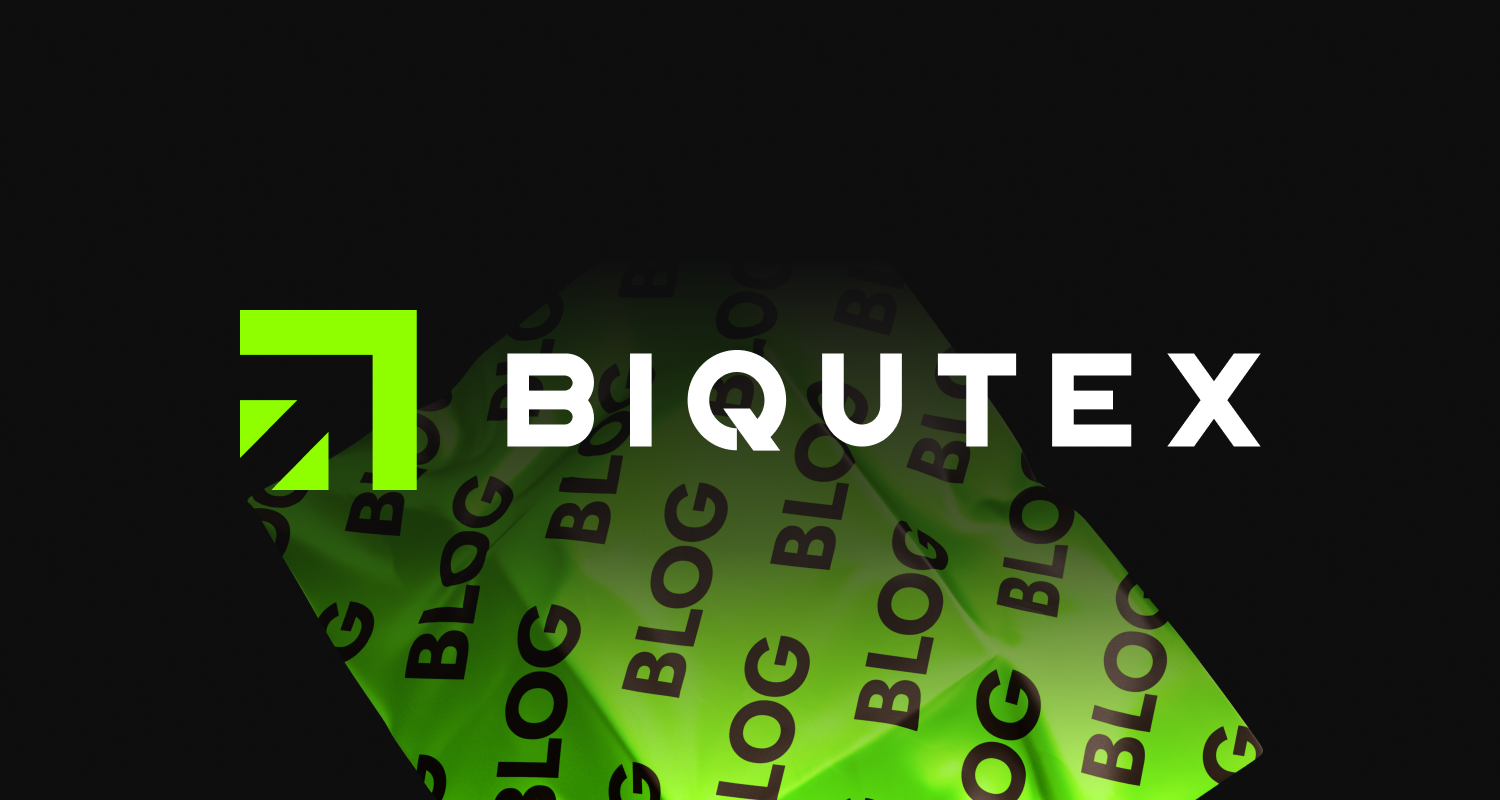
Biqutex Exchange
Biqutex is an innovative crypto derivatives exchange. Trade an extended list of instruments (Perpetuals Swaps, Futures, Options, Calendar Spreads etc.) with up to 125x leverage and deep liquidity!
There is a concept of a “professional market maker” - a bidder/seller who often helps reduce the spread (difference) between buy and sell orders. Such activity involves placing a large number of orders in order to find a fairer price on the market for retail participants.

